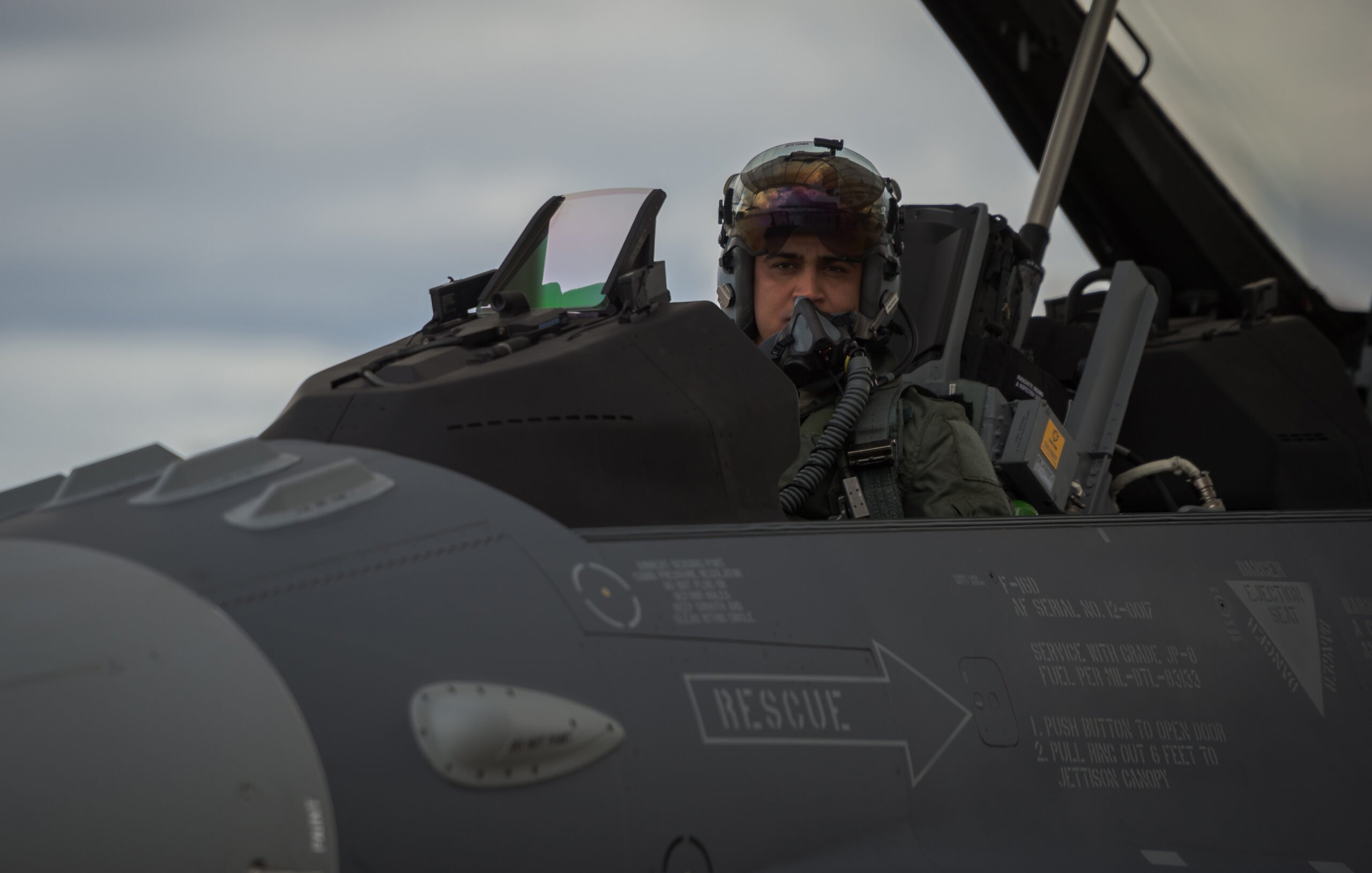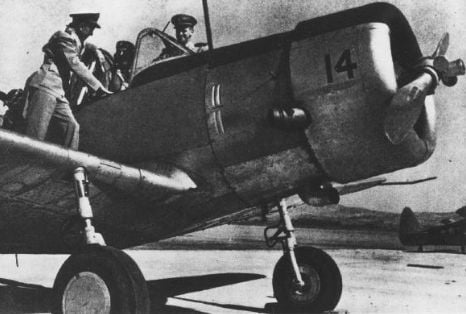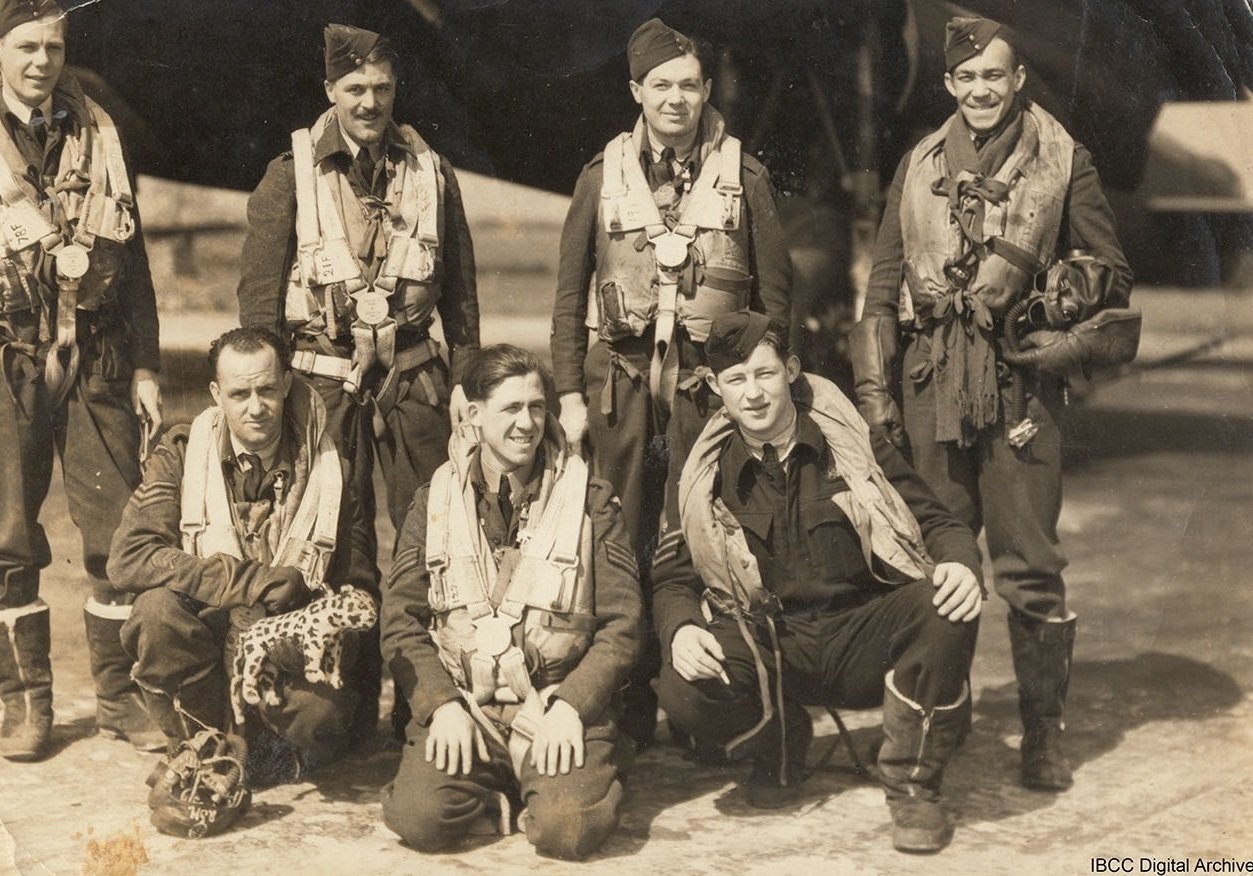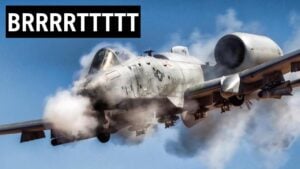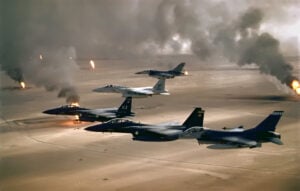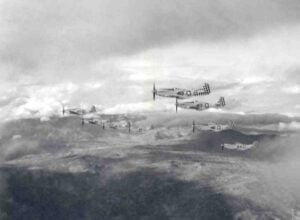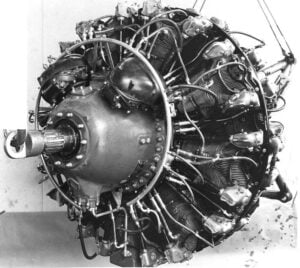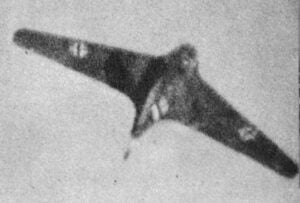The Unspoken Rules of Fighter Pilots
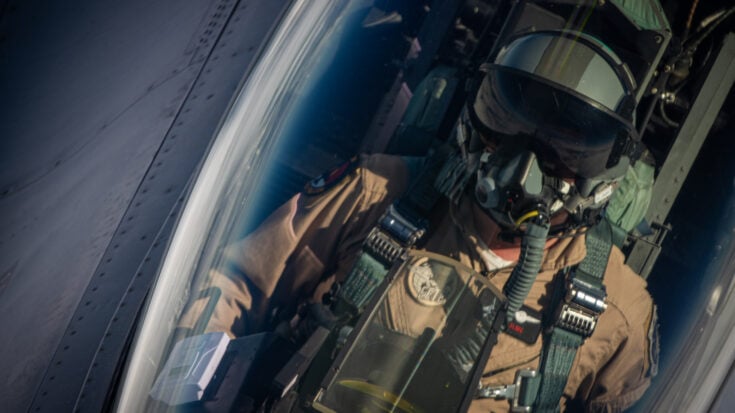
YouTube / realshawnwalsh
The Knock It Off Rule
Fighter pilots train in an environment where a single mistake can cost a life, so certain rules carry real weight. One of the most important is the knock it off call. Any pilot can say it at any time during a fight. It does not matter if the person calling it is the most junior wingman in the formation or part of a massive international exercise. The moment the words are spoken, every aircraft stops maneuvering. The call is treated as absolute because it keeps everyone safe when something feels wrong.
Directive First, Descriptive Later
Another rule shapes how pilots give and receive instructions. They are trained to be directive first and descriptive second. If someone calls stop, the response is immediate. The explanation comes afterward. The habit is built because flying in close proximity at high speed leaves no time for discussion. Quick action prevents small problems from turning into emergencies.
Rank Stays Out of the Debrief
Every flight ends with a debrief, and this is where another unspoken rule applies. Rank does not matter once the door closes. A debrief focuses on errors, plans, communication, and decisions. A lieutenant can point out a mistake made by a colonel, and it will be treated the same as any other critique. Fighter squadrons follow this rule because the stakes are high. A critical mistake in the air can lead to a fatal outcome, so the review process must be honest and detailed.
Most Learning Happens After Landing
Pilots spend hours preparing for missions, but most of their learning takes place once the fight is over. The debrief breaks down each part of the flight. Pilots review whether an error was caused by poor execution or a plan that did not fit the situation. They examine the smallest details to understand what worked and what did not. The culture pushes pilots to learn continuously, and that habit forms much of their skill in the cockpit.
These rules shape how fighter pilots work, fly, and train. They create a structure where safety, honesty, and accountability guide every flight.













